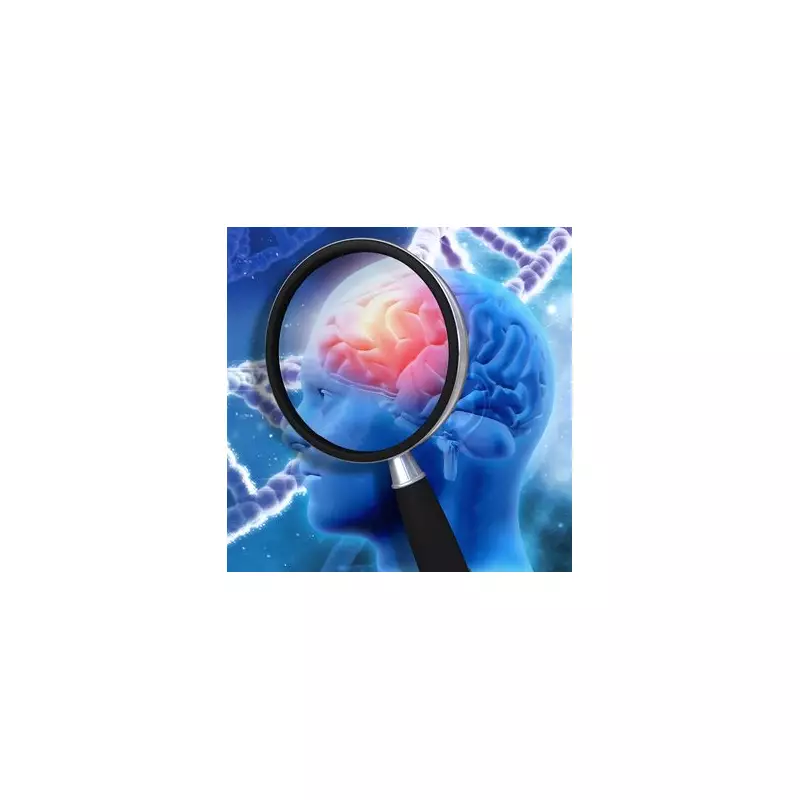
In a remarkable display of scientific dedication, a prominent brain researcher has revealed how his professional curiosity turned into a personal obsession that literally changed his own mind. Dr. Nathan Holmes, a respected neuroscientist, embarked on an extraordinary journey of self-experimentation that blurred the lines between researcher and subject.
The Experiment That Consumed Its Creator
What began as conventional research into brain stimulation techniques quickly evolved into something far more personal. Dr. Holmes found himself increasingly fascinated by his own findings, to the point where he became his own most important test subject.
'I started noticing changes not just in the data, but in my own thinking patterns,' Holmes explains. 'The science wasn't just something I was studying anymore – it was becoming part of who I was.'
When Professional Interest Becomes Personal Obsession
The neuroscientist's story highlights the fine line between dedicated research and compulsive fascination. His colleagues began noticing subtle shifts in his behaviour and focus as he delved deeper into his brain stimulation experiments.
The turning point came when Holmes realised he was spending up to 16 hours daily on his research, often forgetting meals and social engagements in pursuit of neurological breakthroughs.
The Psychological Impact of Scientific Immersion
Mental health experts note that such intense focus, while sometimes productive, can cross into unhealthy territory. The case raises important questions about scientific ethics and researcher wellbeing.
Holmes reflects: 'There's a dangerous assumption that because we're scientists, we're immune to the very phenomena we study. My experience proved otherwise.'
Lessons for the Scientific Community
This extraordinary case offers valuable insights for research institutions and funding bodies about supporting researcher mental health. The story serves as both a cautionary tale and a testament to scientific passion.
As Holmes concludes: 'Science demands dedication, but we must remember that researchers are human beings first. Our minds are both our tools and our responsibility.'





